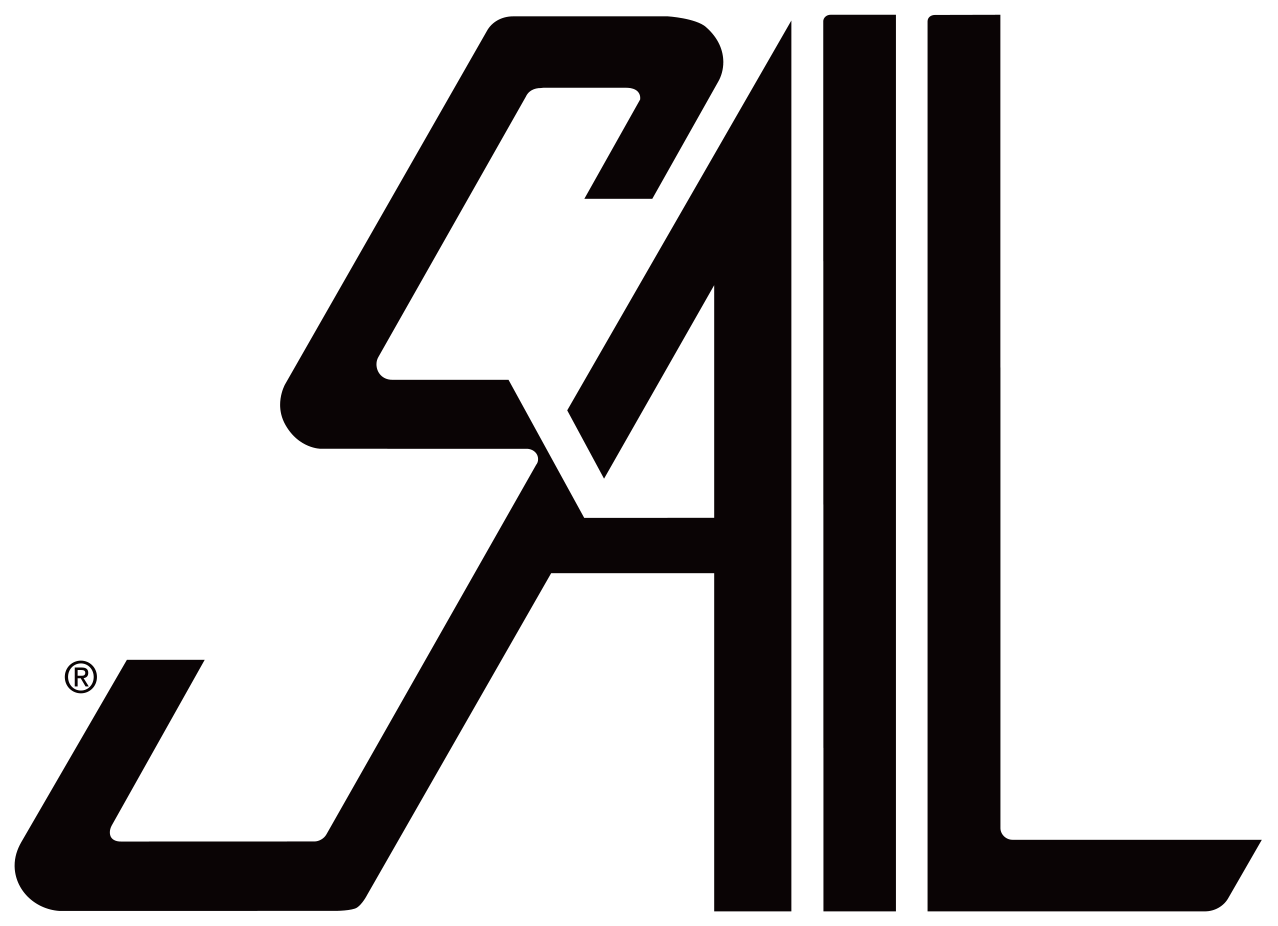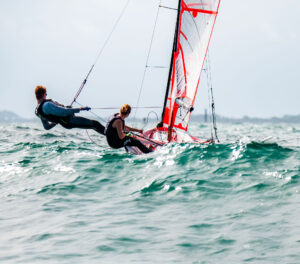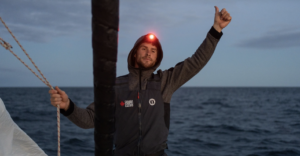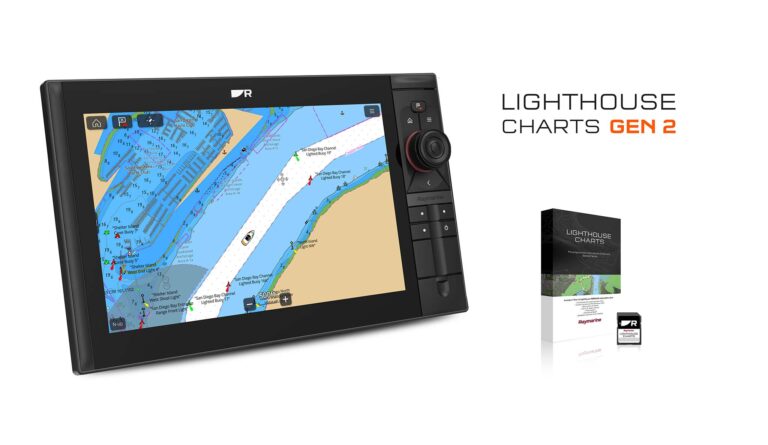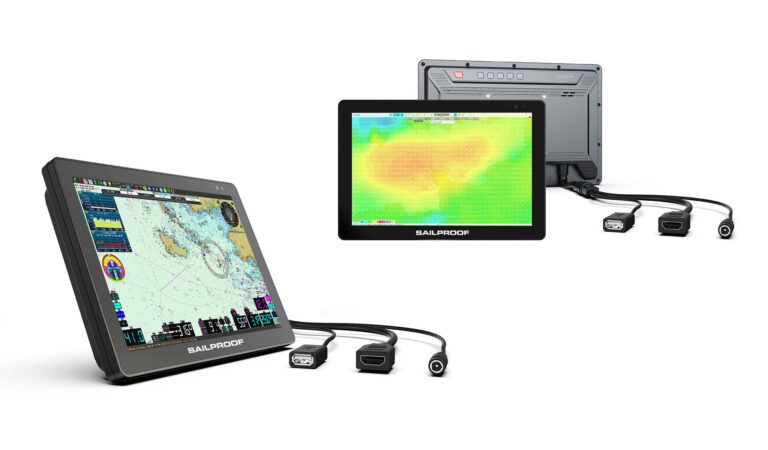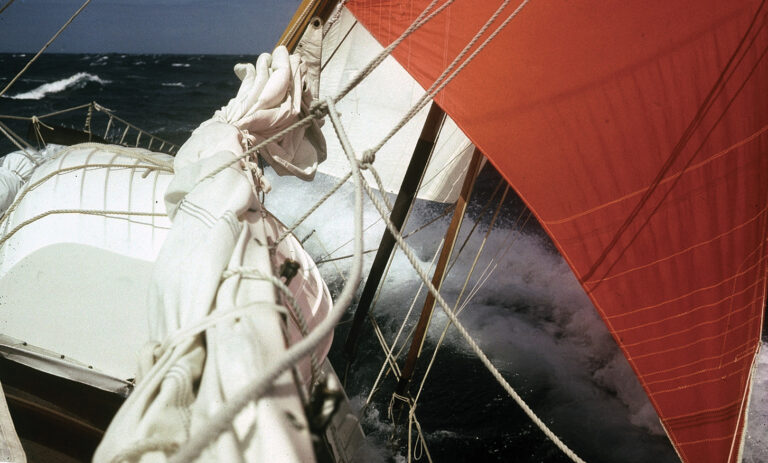
Let’s be honest: Transducers aren’t as sexy as the cool graphics and touchscreen capabilities of today’s navigation and electronics packages. But the information that those packages deliver, like speed and depth, is only as good as the instrument that’s gathering it—and that’s where the Airmar DST810 Smart Multisensor comes in.
The DST810 (DST equals depth, speed, temperature) features a new paddlewheel design that delivers quicker, smoother speed data. An accompanying free app, called CAST, lets you easily calibrate speed, depth, and transducer offset, and most significantly, it enables these calibrations at different angles of heel.
The Gen2 paddlewheel, integral to the DST810 Smart Multisensor, senses speed as low as 0.3 knots and becomes linear at 0.6 knots, outperforming other wheels that need more speed to begin delivering data. If you’re a competitive sailor, or just one who enjoys pushing your boat’s performance, this means you’re getting more consistent speed data faster. It’s also smoother, because the new sensor’s speed output resolution is at 5.7 hertz—about five times per second—compared with previous sensors that delivered at 1 hertz, or about one time per second.
“The least thought about thing of a speed probe is the wheel,” says Zack Floyd, Airmar’s product and technical support manager. “But it’s also the most important thing. This is designed to be much more efficient and accurate.”
The DST810 Smart Multisensor also includes a new integrated attitude sensor, which means sailors can calibrate speeds under multiple angles on port and starboard tacks. These advanced speed calibrations were previously only available through expensive software, but coupling the DST810 with Airmar’s free CAST app and Bluetooth means that sailors can easily and intuitively generate heel-compensated speed calibrations across heel angles and speed ranges.
Using the CAST app, the sailor can calibrate and save all of the data to the transducer, regardless of the brand of instruments they’re using for data display. These calibrations are stored in the unit and then delivered to the NMEA 2000-certified system.
“When we take that out of the realm of OEM requirements, we control how we want calibration to be done and configured,” Floyd says. “It’s a product that revolutionizes connectivity in the way you can calibrate this probe.”
The DST810 comes in plastic, stainless steel, or bronze—MSRP $442, $652, and $562, respectively. Gemeco.com.


